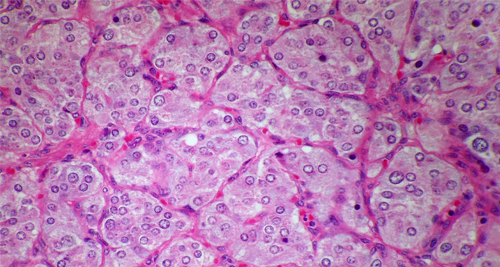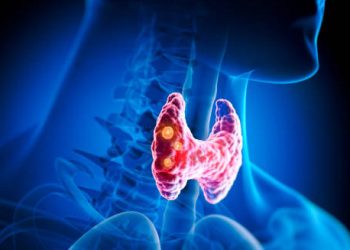Diagnosis and Tests for Bladder Pain Syndrome
Diagnosis and Tests for Bladder Pain Syndrome (Interstitial Cystitis) can be challenging because no single test confirms the condition. Doctors typically diagnose it by ruling out other possible causes of chronic bladder and pelvic pain.
A detailed medical evaluation, symptom history, and ruling out infections or anatomical issues are essential to reaching a diagnosis.
1. Medical history and symptom assessment
- Your healthcare provider will ask about:
- Pain patterns
- Frequency and urgency of urination
- Impact on sleep, sexual function, and quality of life
- Past urinary infections or surgeries
- Triggers like certain foods or stress
2. Urine tests
- Doctors perform urinalysis and urine cultures to rule out urinary tract infections.
- Finding white blood cells or bacteria makes infection more likely than BPS.
3. Bladder diary
- Patients may be asked to track fluid intake, frequency of urination, and pain levels for a few days to better understand patterns.
4. Pelvic examination
- Especially in women, a gynaecological exam may reveal pelvic floor tension or overlapping conditions like endometriosis or vulvodynia.
5. Cystoscopy
- A procedure using a small camera to look inside the bladder.
- May reveal Hunner’s lesions or bladder inflammation.
- Also helps rule out bladder cancer, stones, or anatomical abnormalities.
- Often done under local or general anaesthesia.
6. Potassium sensitivity test (not commonly used in SA)
- A solution of potassium chloride is introduced into the bladder. If it causes pain, it may suggest a damaged bladder lining.
Other conditions that must be ruled out:
- Urinary tract infection (UTI)
- Bladder stones
- Bladder or pelvic cancer
- Endometriosis
- Overactive bladder syndrome
- Sexually transmitted infections (STIs)
In South Africa, cystoscopy is available at specialist urology centres and major hospitals, but wait times in the public sector may delay diagnosis. In the absence of cystoscopy, diagnosis is often based on clinical presentation and exclusion of infection.
Diagnosis and Tests for Bladder Pain Syndrome
Once diagnosed, patients can begin a targeted treatment journey based on symptom severity and lifestyle factors.
👉 [Next: Treatment Options for Bladder Pain Syndrome]


